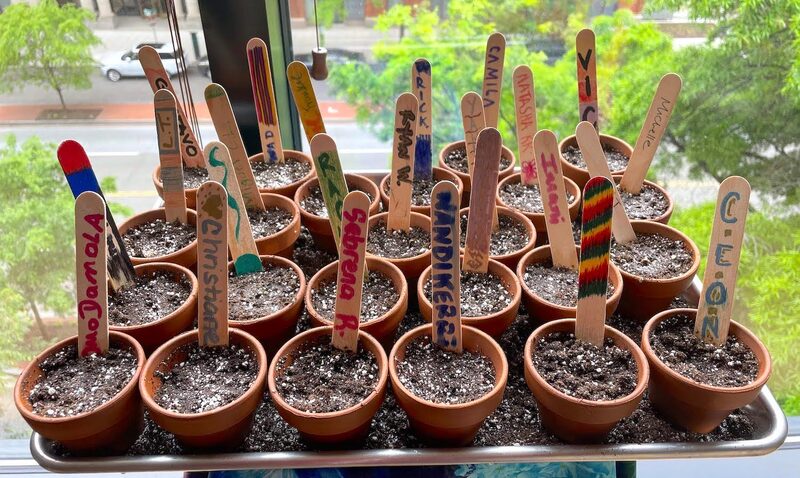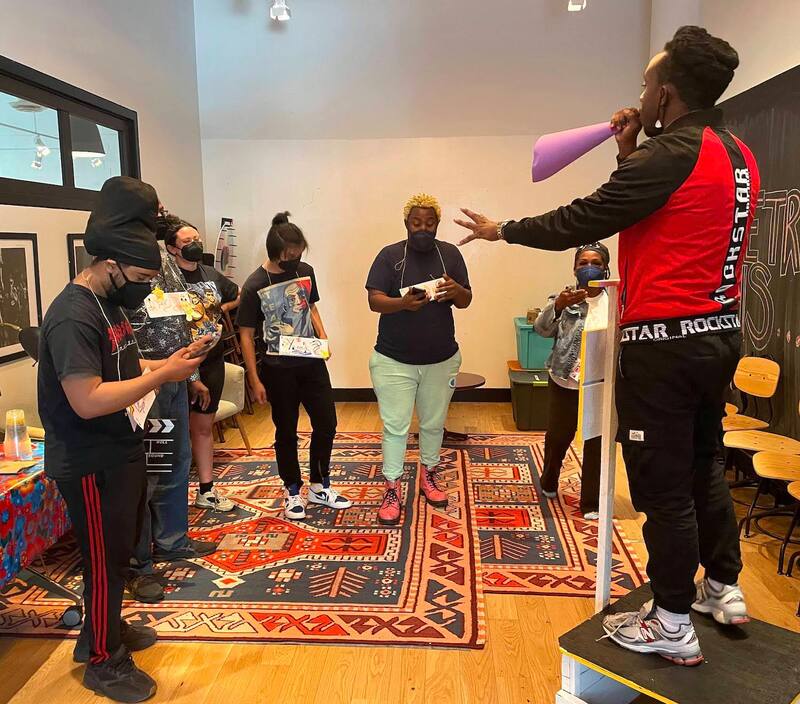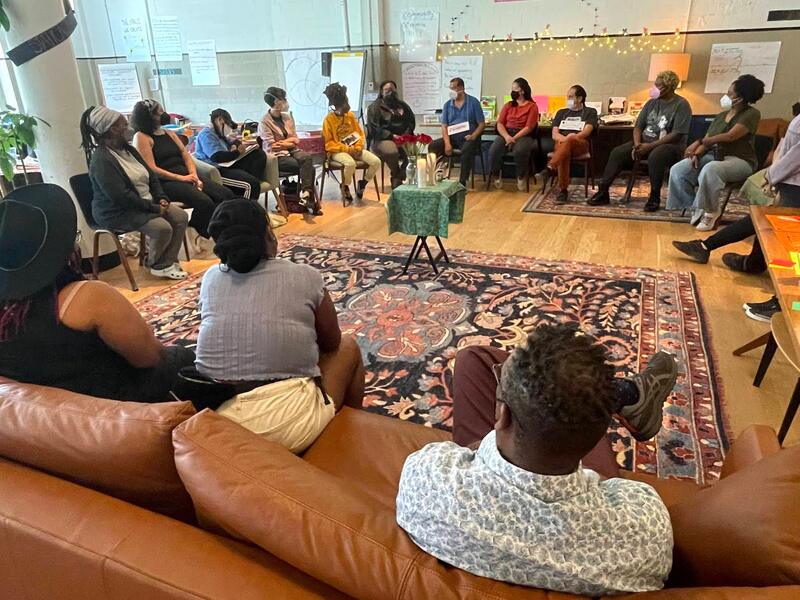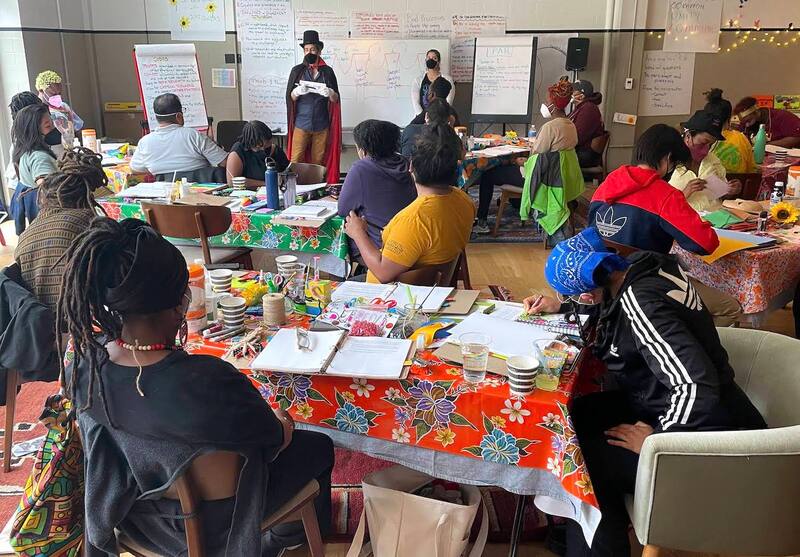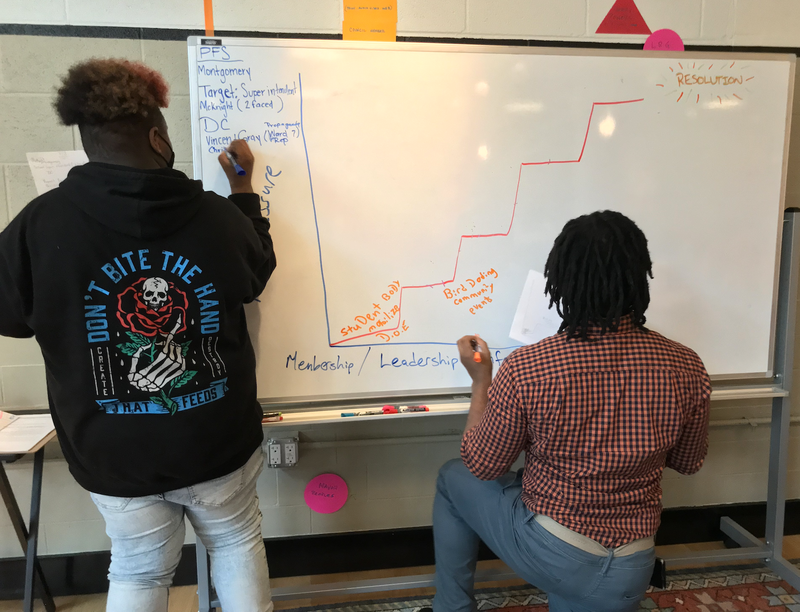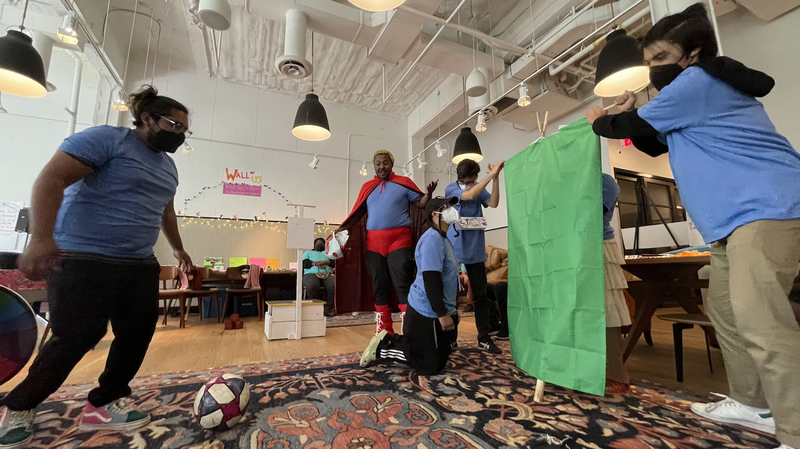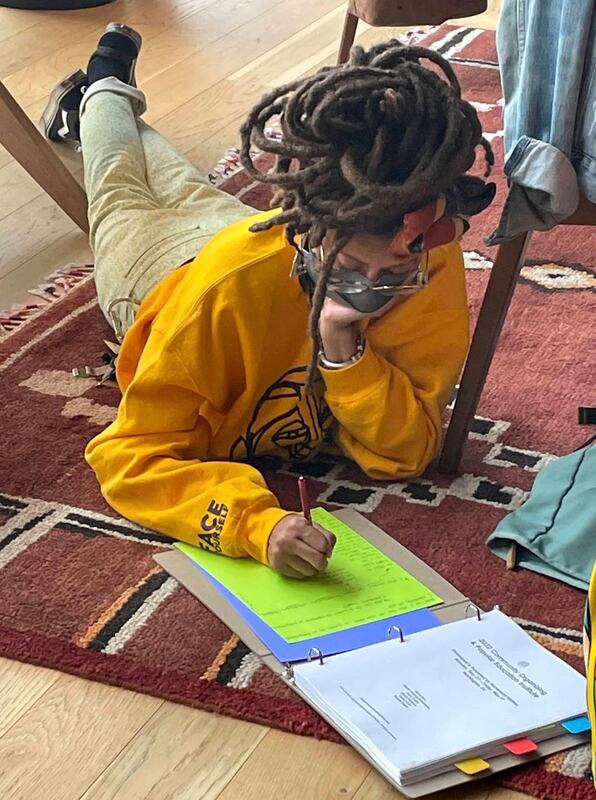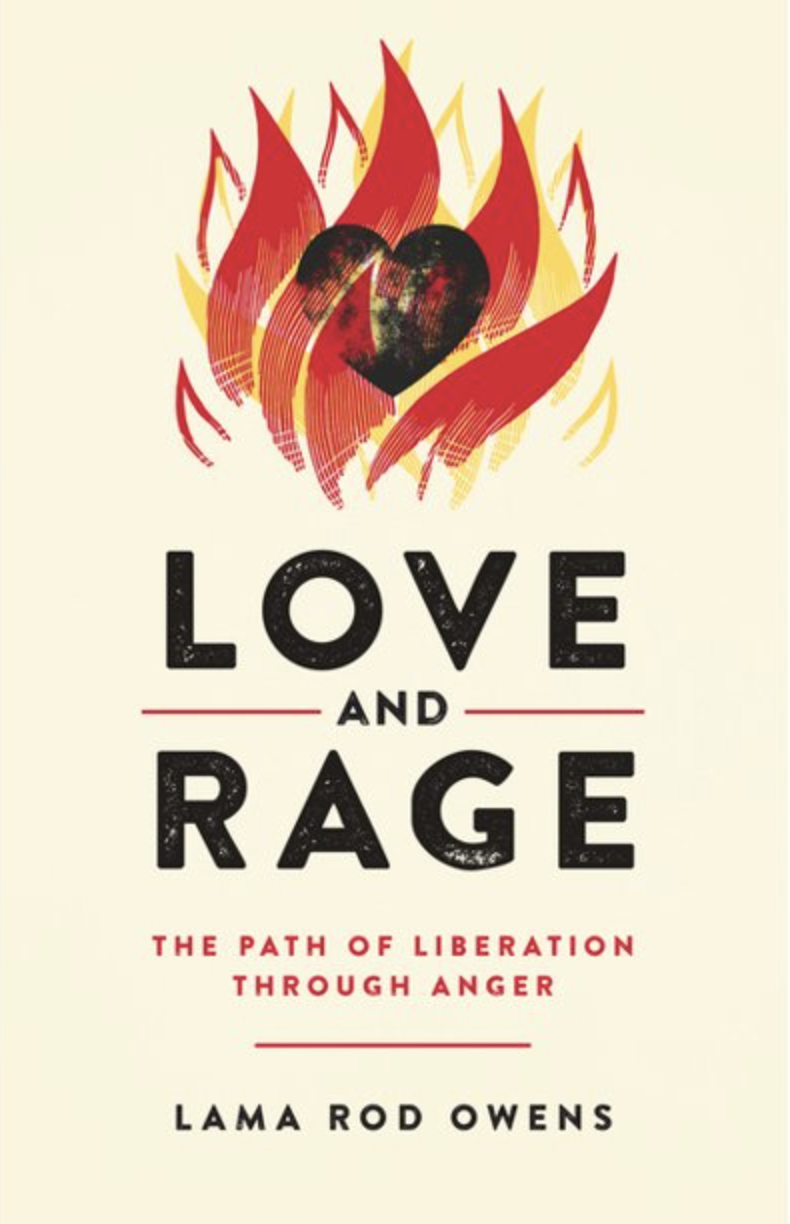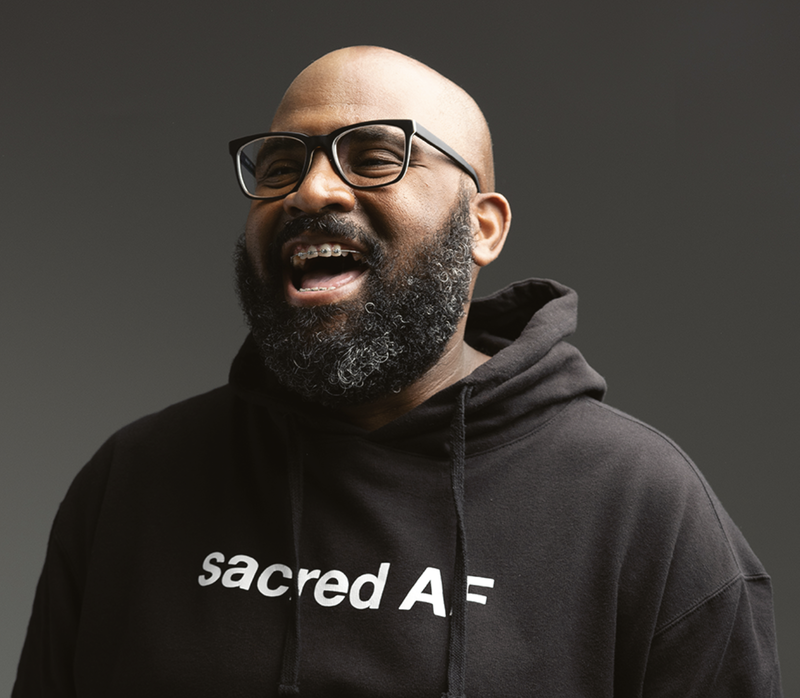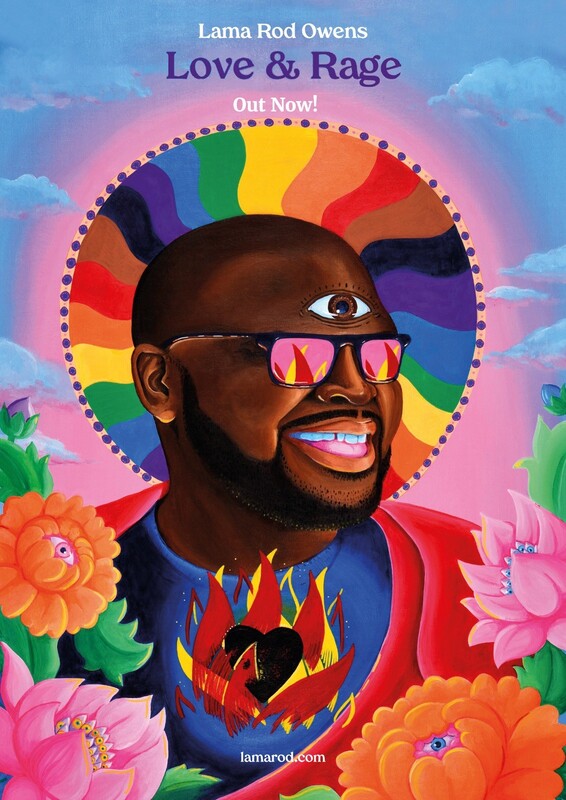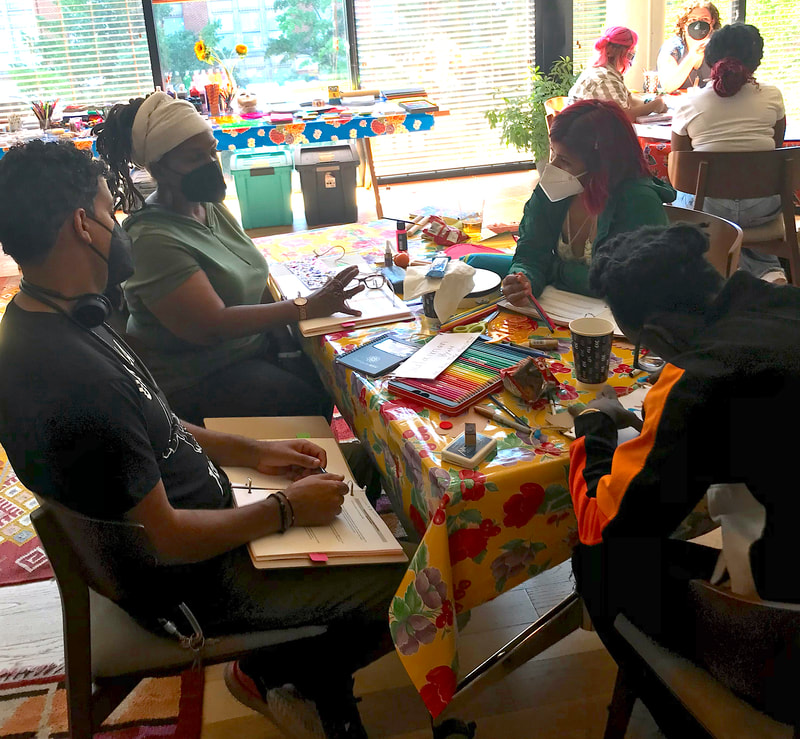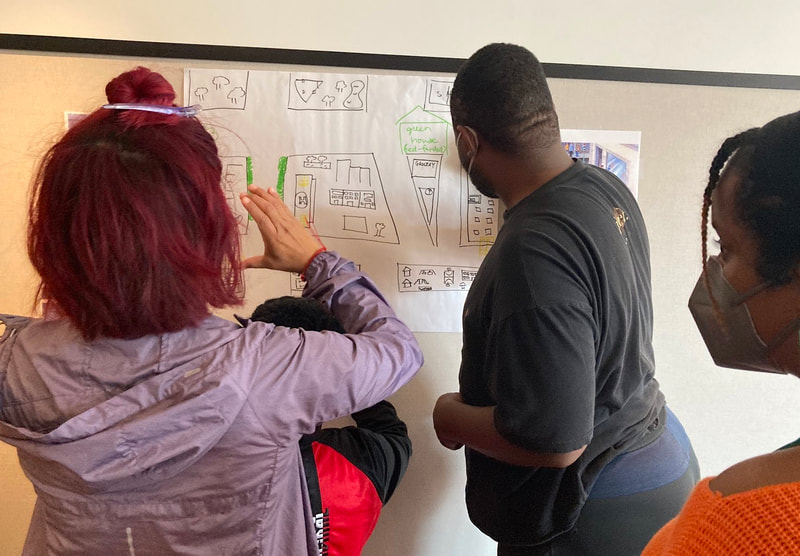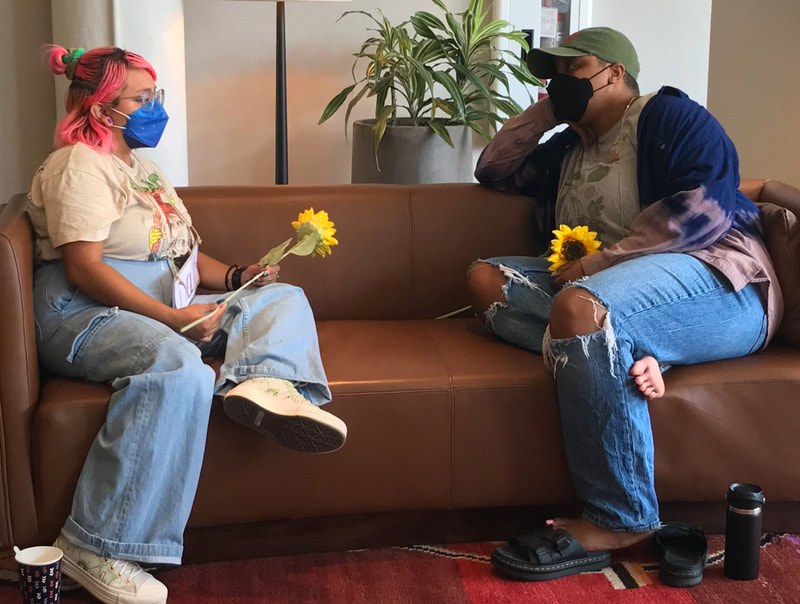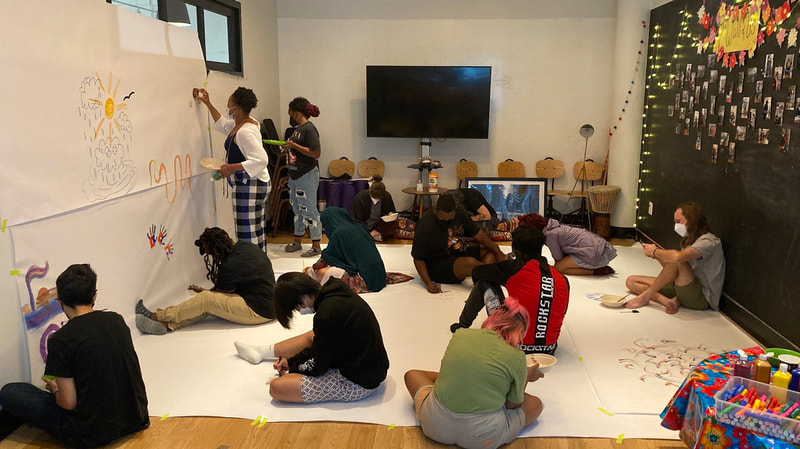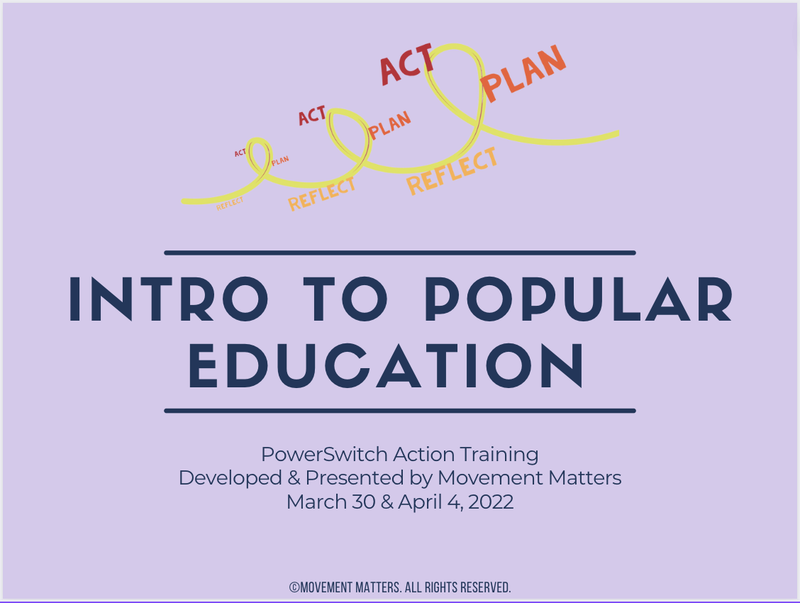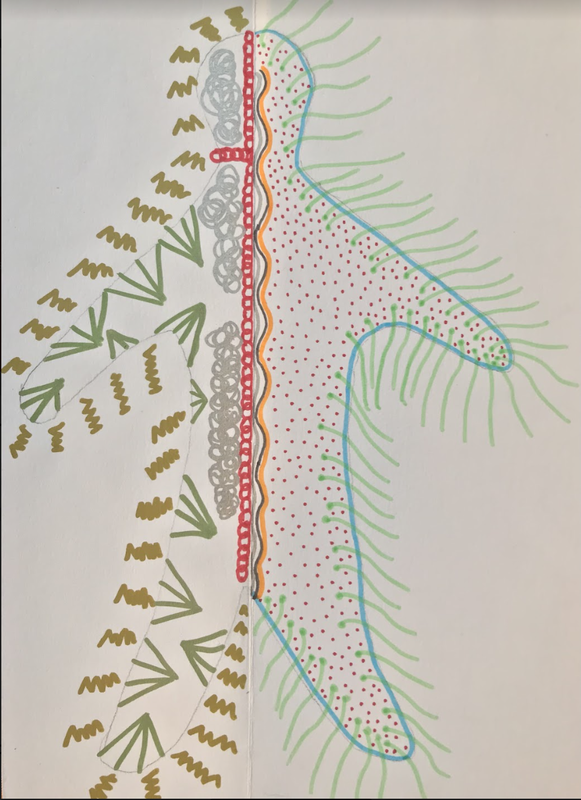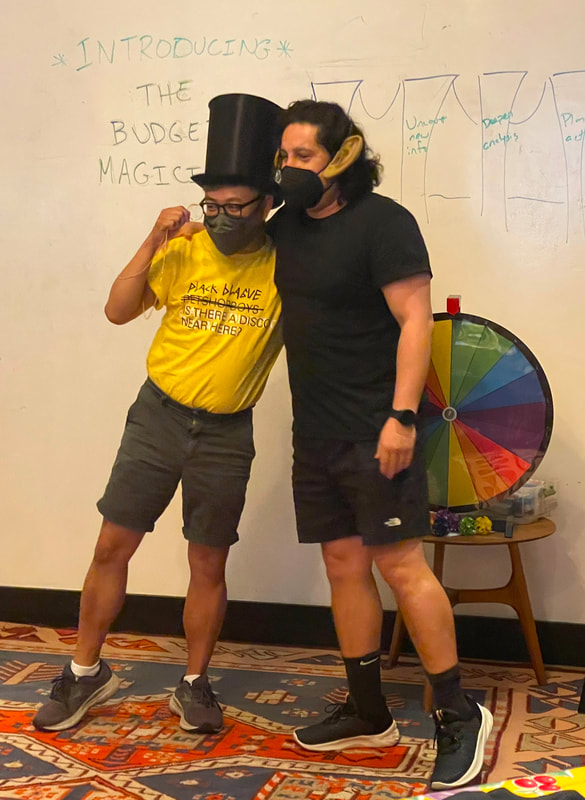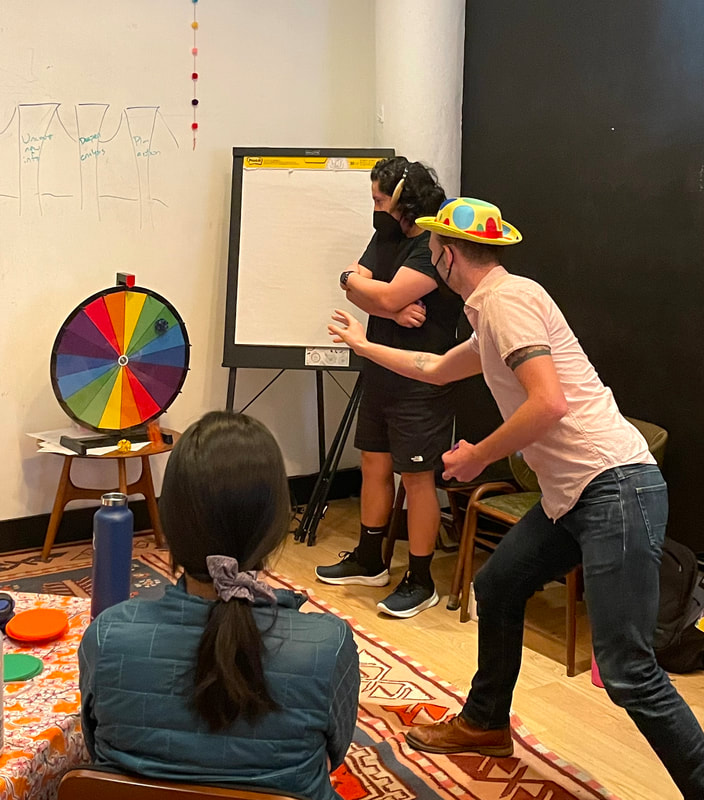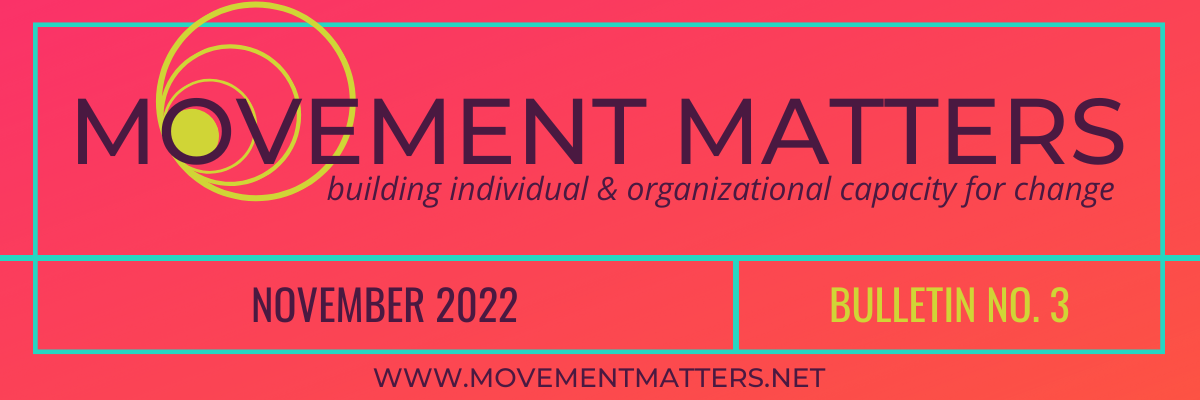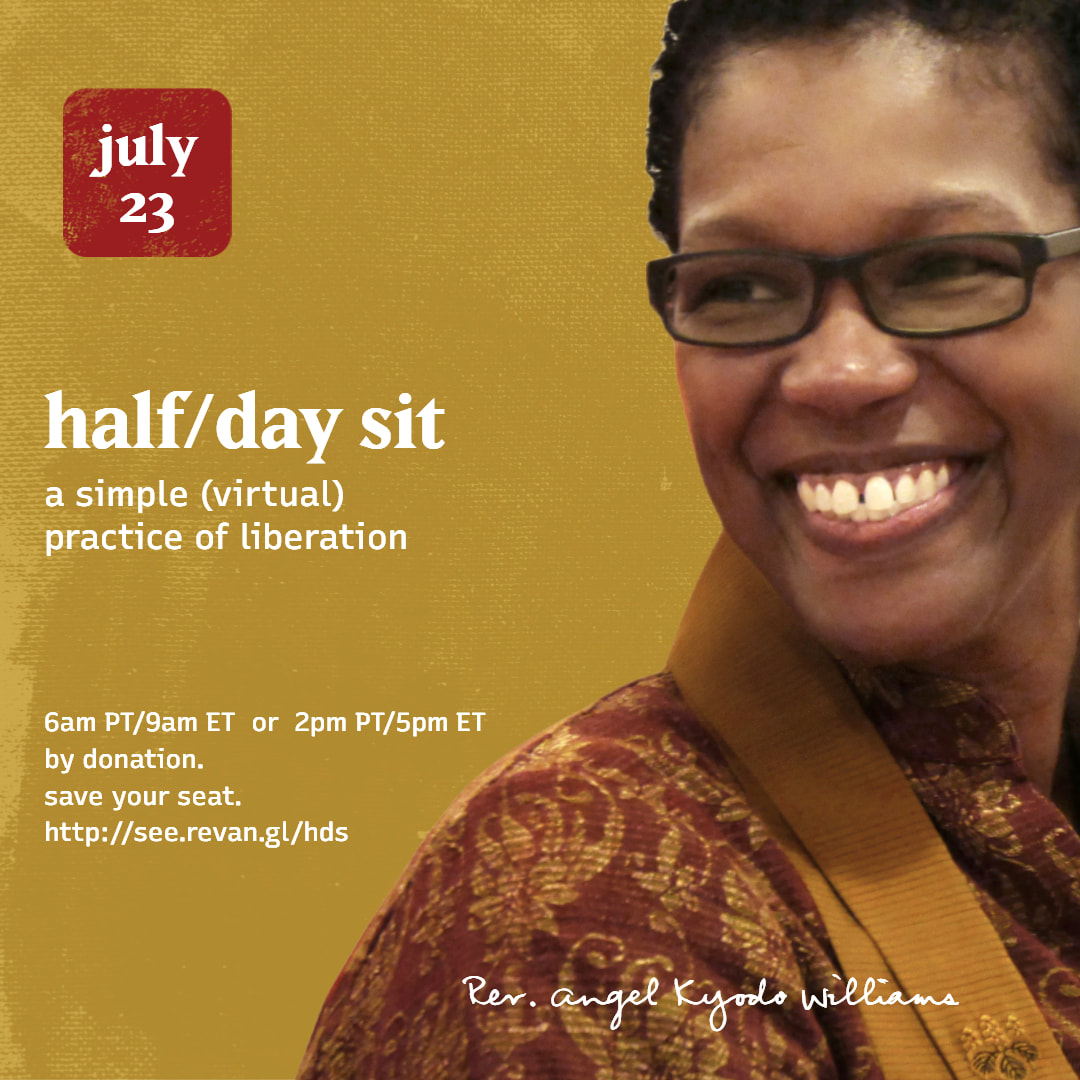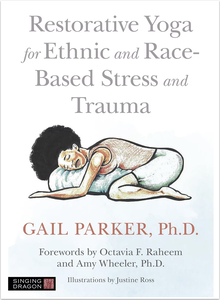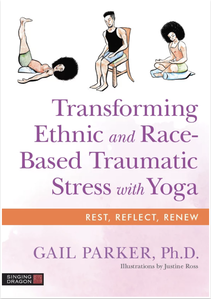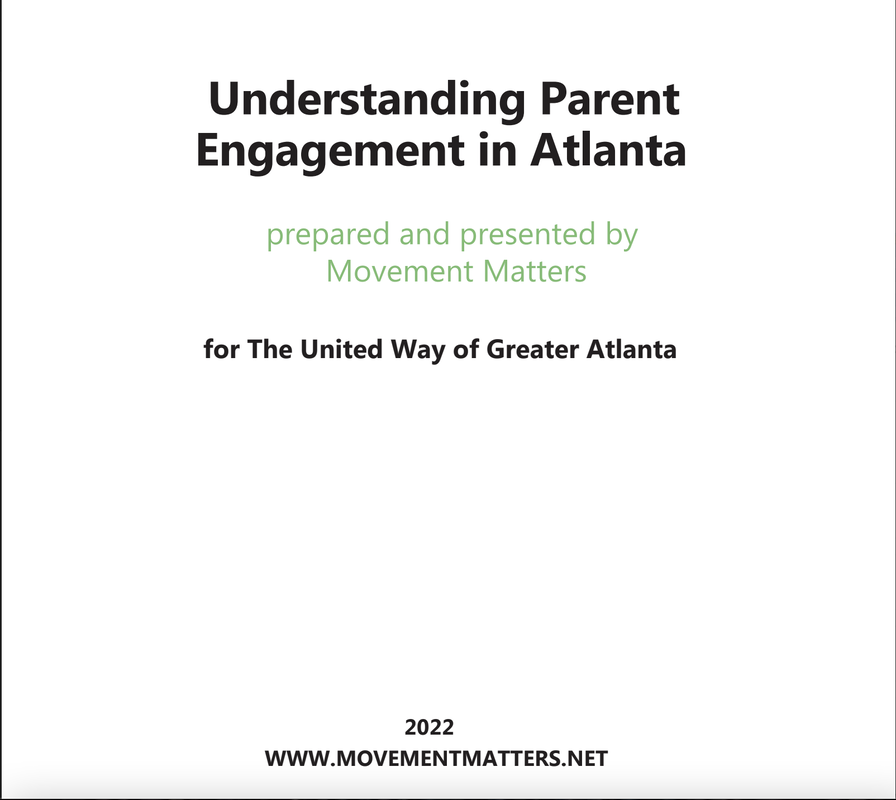Community Organizing & Popular Education InstituteMonday, May 1st - Friday, May 5th, 2023 Pre-Institute Virtual LAC: Thursday, April 13th, 2023 Post-Institute Virtual LAC: Thursday, May 25th, 2023 To apply visit: Organizing Institutes The application process is now open for our weeklong, in-person Community Organizing and Popular Education Institute. Based on Movement Matters' unique field-developed curriculum and nationally recognized training and facilitation style, the Organizing Institute provides an instructive, challenging learning and action space that deepens participants' vision, skills, and capacity. “My experience at the Movement Matters Organizing Institute was transformative. The Institute’s facilitators are engaging, and use creative methods to guide participants through the essentials of community organizing and power building. The strategic planning and relationship building techniques I learned at the Institute are effective, and I continue to utilize them in my organizing work today.” There will be additional 2.5 hour virtual pre-Institute and post-Institute Learning and Action Circles (LACs) to ensure the learning and integration of the materials. MM's training approach is also grounded in somatics, expressive arts, story-sharing, and ritual practices that engage participant's bodies and minds so that they can more fully experience the training content. To apply visit: Organizing Institutes This weeklong, in-person training will take place in Washington, DC. Space is limited.
For more information on our 2023 Organizing Institute or to bring an Organizing Institute to your city or region, connect with us. Movement Matters is based in Washington, DC. We work regionally with various communities and with national partners. Former community organizer, Lama Rod Owens is a Buddhist minister, author, activist, yoga instructor and authorized Lama, or Buddhist teacher, in the Kagyu School of Tibetan Buddhism. He is one of the leading voices in a new generation of Buddhist teachers. He holds a Master of Divinity degree in Buddhist Studies from Harvard Divinity School. He is the co-author of Radical Dharma: Talking Race, Love and Liberation. His teachings center on freedom, self-expression, and radical self-care. A long labor of love, Lama Rod's second book, Love and Rage: The Path of Liberation Through Anger, was written as a guidebook through these difficult times. It addresses the important work we must do to take care of our deep hurt in order to experience the emotional liberation needed to embody fierce and radical love for ourselves, others, and the planet. Lama Rod writes, "We are now in a period when we are having to confront the reality of truth - truth about ourselves, our relationships to each other, to systems of violence, to capitalism, and ultimately to the fact that we can no longer live like we have in the past. My hope is that this book supports you and contributes to that effort." Lama Rod also leads the in-depth Love and Rage 7-week course and online practice group. The course teachings include: compassion-based processes to manage cumulative trauma; what self-care really looks like; practices to connect and engage with our ancestors in order to ground ourselves during difficult times and enrich our self understanding; and how to be loving, open and vulnerable... but still fierce! Stay tuned for the 2023 course dates.
Visit Lama Rod Owens' Website This past September, Movement Matters held our first in-person Advanced Facilitation Training (AFT) since the COVID pandemic. This comprehensive 3-day training is tailored to increase the facilitation capacity of organizers in order to move more intentionally toward constituency building and reaching organizing goals. Together, organizers and cultural workers from 12 organizations (including Tenants & Workers United, Empower DC, SEIU 1199, Beloved Community Incubator, and Housing Rights Committee of San Francisco) gathered for three full days of learning, reflection, cross-pollination and relationship building. Given the central role that facilitation plays in base building, especially at this crucial organizing moment, we deepened our curriculum to include the role of rhythm and voice as somatic practices and techniques for incorporating self-regulation, community building, and joy. We included theater based activities such as "moving circle" work to deepen communication and trust. We also introduced forum theater and graphic facilitation to move participants beyond simple discussion-based engagement. Participants also learned how to recognize different stages of group development and design meetings to move groups meaningfully towards their campaign goals. Organizers were able to deeply reflect and share on how their experiences shape them as facilitators and what that means for how they and their organizations need to expand and grow. This understanding was paired with ready-to-use skills to move toward this growth. We greatly appreciate the contributions of many institutional and individual supporters of the 2022 AFT, including the DC Eaton Workshop. We celebrate the life and work of Tara Maxwell, DC tenant organizer and 2022 AFT participant.
For more information on our Advanced Trainings or to bring an Advanced Training to your organization, connect with us. Movement Matters is based in Washington, DC. We work regionally with various communities and with national partners. Budget processes are designed to be intimidating and minimize public ownership. Yet so many of our struggles rely on budgetary processes to succeed. Our team recently spent two days with PowerSwitch Action to help them incorporate popular education into their budget organizing work and build tools to demystify the budget process. We started our work with PowerSwitch and their regional budget partners earlier in the year with our “Popular Education 101” training to orient the group toward creating liberatory community engagement and how to open and facilitate spaces for such engagement. Given how alienating the budget process is designed to be, grounding budget work in popular education is critical to facilitate a sense of community vision and ownership over the process. At our recent two-day gathering, we built community with the PowerSwitch cohort (also as a means to drive deeper that skill-set) and developed concrete tools—including popular education codes—that they can to use in their home communities. Our approach to popular education, including the importance of ritual, play and (physical) movement, has insured that PowerSwitch is approaching budget work as integral parts of popular education, especially when dealing with a potentially intimidating topic like budgets. We look forward to supporting PowerSwitch partners as they implement these tools in their home communities! For more information on our Popular Education Approach or to inquire about Technical Assistance, connect with us. Movement Matters is based in Washington, DC. We work regionally with various communities and with national partners. We spend a lot of our time at Movement Matters in communication with you, our peers and communities of change makers. In order to make some of that communication more regular (and more manageable), we launched our Movement Matters Bulletin this past Spring of 2022! This biannual online newsletter combines learned lessons from the field, as well as a summary of our most interesting projects. With it, we hope to continue providing successful strategies and tools for cultural organizing, campaign development, base building, popular education, organizational development, coalition building, and innovative systems that can create more successful, sustainable, and scalable movement work. Stay updated on our upcoming Organizing Institute, Advanced Trainings, Learning and Action Circles, and Participatory Action Research projects. Check out opportunities for technical assistance. Learn more about the integration of somatic-based practices as well as expressive arts, theater, dance/movement, and rhythm into the member development process. And get some insights into the teachers, courses, projects, music, readings, and more that are inspiring our team. Sign-up below! MM Biannual BulletinWe will add your email to our private database, and you will receive our biannual newsletter full of resources and announcements that may be of importance to your work.
Movement Matters is based in Washington, DC. We work regionally with various communities and with national partners. The Rockefeller Foundation’s US Equity and Economic Opportunity team is beginning to fund worker organizing in four states. They have contracted Movement Matters to strengthen their understanding of how to support the work and to provide protocols and practices to best enter the field. As in our work with other funders, we grounded our process in a detailed understanding of organizing as a distinct change strategy, clarifying how it relates to and is different from other modes like service provision and policy advocacy. We have examined best practices to recognize and address funder-grantee power dynamics, especially when it comes to supporting grassroots efforts. We have also provided models for funder support of short and long term change strategies, and identified ways to shift philanthropic culture to be more responsive to the needs of organizations on the ground. We are excited to continue this partnership as the Rockefeller team begins to make grants and support the work. Connect with us for more information on our Funder Training and Technical Assistance work. Movement Matters is based in Washington, DC. We work regionally with various communities and with national partners. Rev. angel Kyodo williams, is an author of two books, maverick spiritual teacher, master trainer, and founder of Center for Transformative Change. She has been bridging the worlds of personal transformation and justice for decades. Ordained as a Zen priest, she is a Sensei, the second black woman recognized as a teacher in her lineage. She is a social visionary that applies wisdom teachings and practice to social issues. Both fierce and grounded, she is known for her unflinching willingness to both sit with and speak uncomfortable truths with love.
Rev. angel offers a simple monthly 4-hour (half-day) or 8-hour (full day) virtual "sit." This small retreat helps us restore our presence and breath and begin a mindful practice of liberation. There are two sessions to accommodate different time zones. The event is by donation, and registration is required. The next Half/Day Sit will take place on July 23rd. Attending Rev's Half/Day Sit will open the door to her daily No Big Deal Morning Sits, a shorter daily practice. We invite you to get to know Rev angel's radical and impactful work. Rev angel's Monthly Half/Day Sit Rev angel's Podcasts We are thrilled to announce our partnership with the Indigenous Environmental Network (IEN) to develop popular education curricula for IEN's Indigenous Principles of Just Transition. IEN’s principles capture key elements about our relationship to Mother Earth, the immutable importance of Indigenous sovereignty, and the critical role of Indigenous knowledge in transitioning from an exploitative economy to one that fosters life and harmony. We cannot undo the harm we have done to the planet without addressing the destruction of settler colonialism. Climate justice cannot be achieved without centering Indigenous solutions and recognizing Indigenous sovereignty. We are excited to partner with IEN on this significant project! For more information on MM's Curriculum Development or Popular Education expertise, connect with us. Movement Matters is based in Washington, DC. We work regionally with various communities and with national partners. We are under a great deal of psychological stress. We spend a lot of our time in our stress responses, especially those of us enduring ethnic and race based stress and trauma. These ceaseless stressors impact our bodies in countless ways, showing up as anxiety, inflammation, and much more. Even as we aim to relax and restore ourselves to continue on, it is often difficult to find true release. We can take that stress with us even when we go to bed at night, still not finding the solace our bodies, minds, and spirits really need. The practice of Restorative Yoga can be a gateway to relief that can be difficult to access even in sleep. Restorative Yoga requires little physical exertion, and uses props (like a pillow, bolster, blanket) to support the full release of the body's tension. If you've taken a yoga class, it's possible that you've experienced a restorative posture towards the end of class—with the lights turned down low, and you holding one posture in stillness, maybe lying on your back. The stillness is important. It helps our bodies move into the opposite of the stress response, the relaxation response—where our body is able to engage its processes of long term health, like digestion of our food, strengthening of our immune systems, and processing of the traumas we otherwise have to push down. Restorative Yoga can help us begin to heal, by relearning how it feels to truly be at ease.
Dr. Gail Parker’s Restorative Yoga for Ethnic and Race-Based Traumatic Stress and the companion workbook, Transforming Ethnic and Race-Based Traumatic Stress with Yoga are a wealth of information about how our oppressive structures wreak havoc on our nervous systems, and how we can use the practice of Restorative Yoga to heal and sustain ourselves, body and soul. I am currently in the process of reading the book and working with its companion workbook, and am deeply grateful for the resource. As a former direct action organizer, recovering workaholic, and a queer Black woman with a long history of inflammation-induced illness, restorative yoga has become an essential practice of mine. I hope it can offer some rest to you too. Contributed by Asha Carter Certified Yoga Instructor, MM Team Member, & Co-Founder of Cambium Collective Visit Dr. Gail Parker's website. Georgia is one of the hotbeds of organized far-right white supremacist activity, especially in the realm of public education, mobilizing parents behind the “anti-CRT” and “don’t say gay” agenda. Organizing Black, Brown, and allied parents in response to such a stark threat is both critical and deeply challenging. We are honored by the stories that groups shared with us of their work to engage parents to bring racial equity to school systems, build deeper parent relationships, address systemic poverty, and fight back against the growing strength of the far-right. “Understanding Parent Engagement in Atlanta" was commissioned by the United Way of Greater Atlanta in the hopes that a better understanding of parent engagement and organizing will help grassroots groups and philanthropy better support its development. We look forward to continued partnerships to support the building of true parent voice. For more information or to access our other reports visit our Research and Reports webpage.
Connect with us if you have any questions. |
AuthorsMOVEMENT MATTERS Archives
October 2023
Categories
All
|
